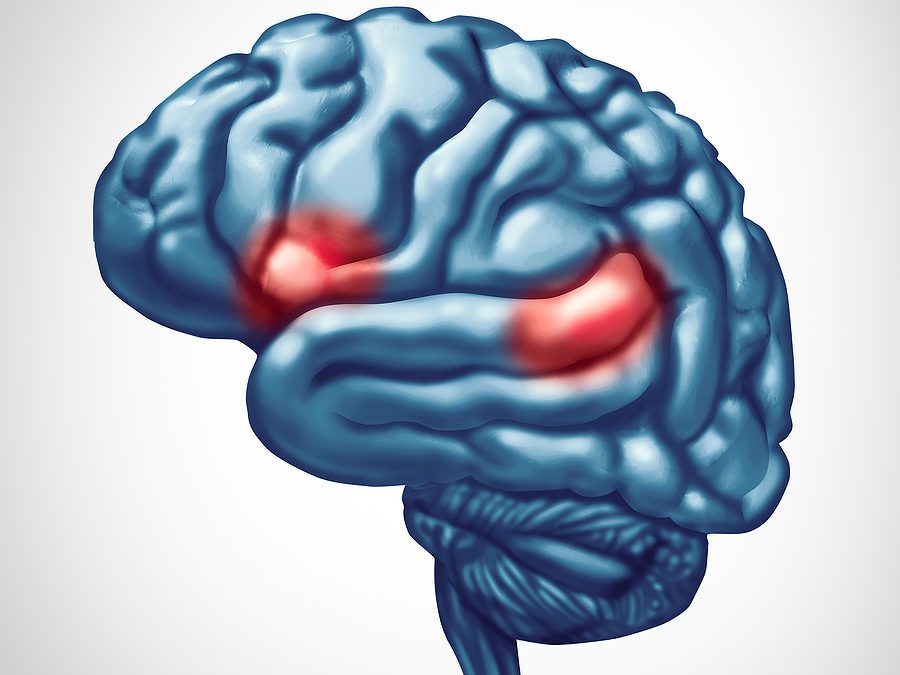After suffering from a stroke, many individuals will deal with aphasia. This is a result of the stroke affecting the speech and language centers on the left side of the brain. This article will discuss aphasia and how you can help your loved one live with this condition.
What is Aphasia?
Aphasia is when an individual jumbles up, fragments, or mixes up words when formulating a sentence. This may make communicating more difficult. Aphasia can affect roughly 1 in 3 stroke survivors. Generally, the individual knows what they want to say, but the sentence does not come out correctly. This can be incredibly frustrating for them, and those they are communicating with. Unfortunately, it can also make it more challenging for them to communicate their needs to their loved ones.
Speech Therapy and Aphasia
Early intervention after the stroke with speech therapy is a good way to reduce the overall impact of aphasia. Working with a speech-language pathologist can reduce the effect of this condition, and help your loved one restore proper speech patterns. The pathologist will guide your loved one through exercises and can help you and your loved ones assist them further at home.
Healthy Communication with Your Loved One
While aphasia can affect the ability to communicate, it has no impact on your loved one’s intellect. Be sure to take your time and have patience when communicating with your loved one. They may become frustrated as their communication slips. Additionally, it is common for those with aphasia to require more time to process sentences. As a result, it will likely take them longer to talk with you. Avoid finishing their sentences or correcting them, as this can frustrate them even more. If you do not understand them, do not pretend to. Rather, ask them to try again. If they can’t find the right word, ask them to describe the word, point to something they need, etc.
Some speech pathologists will ask families to make a booklet with easy reference words and phrases that the individual can point to. This may include common household words, photos and names of loved ones, etc. This can be helpful in aiding communication.
In-Home Care for Post-Stroke Individuals
Strokes affect more than just speech. Motor function, speech, and the ability of the individual to care for themselves can all be affected. If your loved one requires more care at home after their stroke, SafeHarbor Healthcare can help. We offer in-home care through our Certified Home Health Aides. Our home caregivers can assist your loved one with their day-to-day needs, and work with them to rehabilitate after their stroke.
Safe Harbor Healthcare Services does not provide medical, healthcare, or financial advice via articles. This material has been prepared for informational purposes only. It is not intended to provide, and should not be relied on for medical advice.
Safe Harbor Healthcare Services has been providing excellent home care on Staten Island since 1967. Our services help the elderly and disabled live safely and independently; while giving their families the peace of mind they need. For more information contact us by clicking here, or by calling (718)-979-6900.

